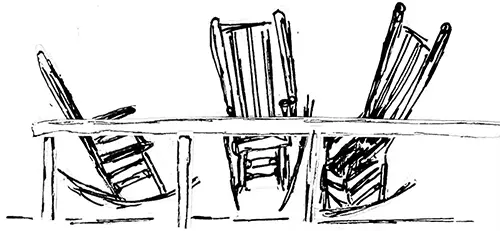racism 7
Localism and Justice: A Review of The Story of Clyde Kennard
Kennard himself, though worrying about his legacy during his last illness, seemed remarkably free of bitterness. Concerning a prison guard who had abused him, he thought that the abuse had…
Stories of Healing and Wholeness: An Appreciative Engagement with Wendell Berry’s The Need to be Whole
Brecon, Wales. Stories are a necessary part of healing and wholeness. I don’t just mean a story we may like or we tell ourselves (though they include that), nor do…
An American Augustine
The various parts—historical and autobiographical, theological and literary—all contribute to the central thread: that we seek wholeness, and that wholeness depends on better understanding ourselves and our damaged, but not…
Identity and Integration: A Whole Lot of Wendell Berry
Berry connects these major themes from The Hidden Wound to other themes from his many works—work, agrarianism, industrialization, citizenship, affection, and place. In so doing, he offers his readers a…
Practicing Authentic Conversation
If I attempt to follow Berry’s underwater route too closely, I’m afraid I will drown. Rather than try to summarize it, then, I will instead distill from it a set…
Defining Race: A Review of Classified: The Untold Story of Racial Classification in America
In their newest incarnation, American racial preferences are advertised to the public as compensating for prior pro-white discrimination and promoting racial diversity. Problems of definition persist under the new order…
Joe Rogan’s Speech Impediment
A decent society must be characterized by individuals who reject designations of class guilt and innocence, who are capable of seeing the image of God in the face of the…




